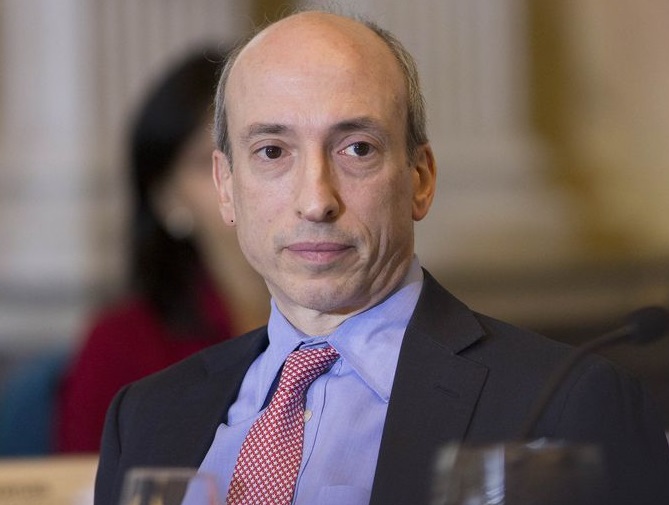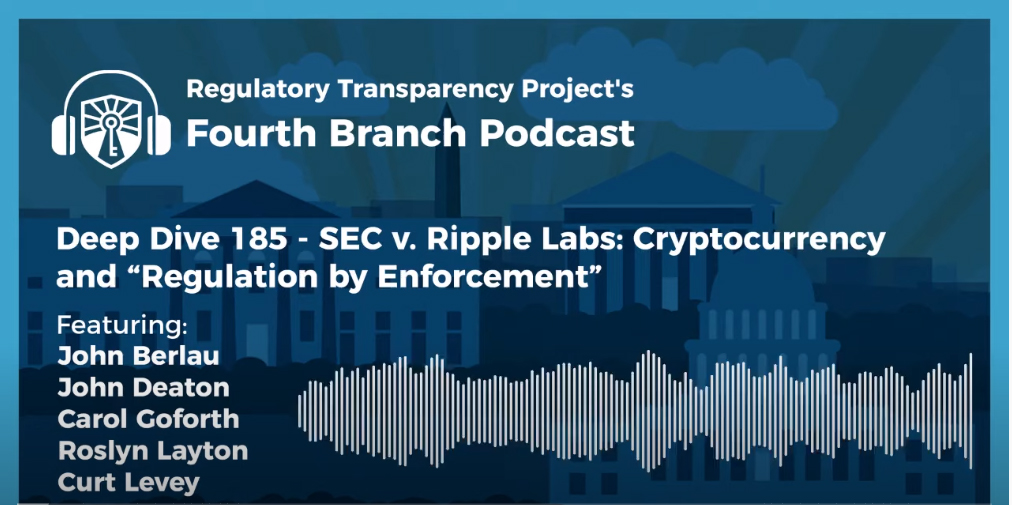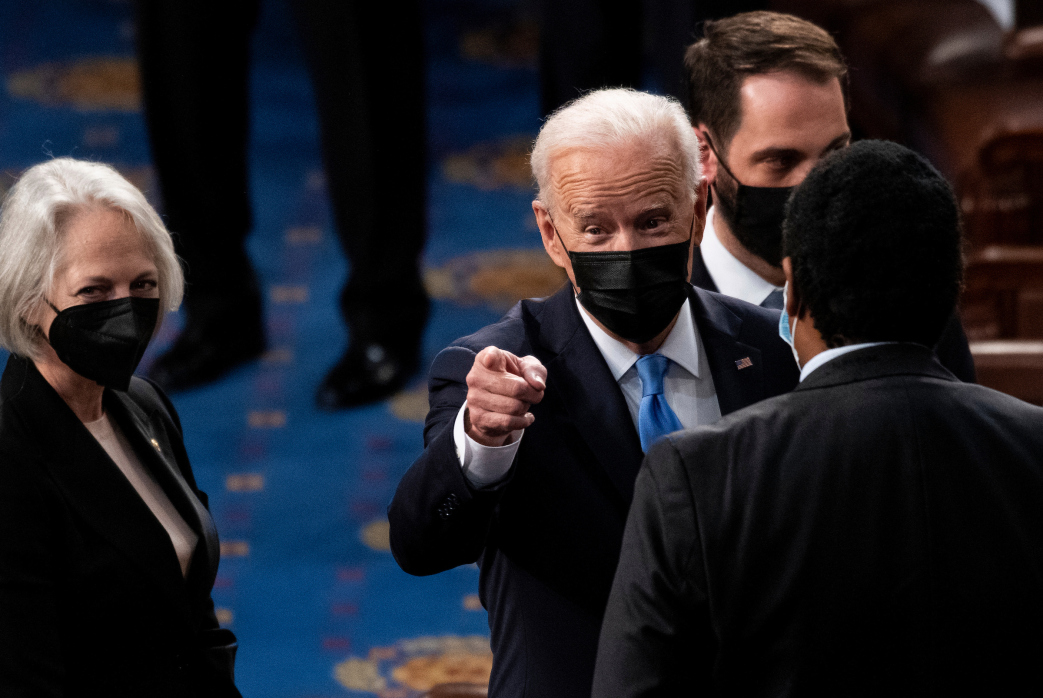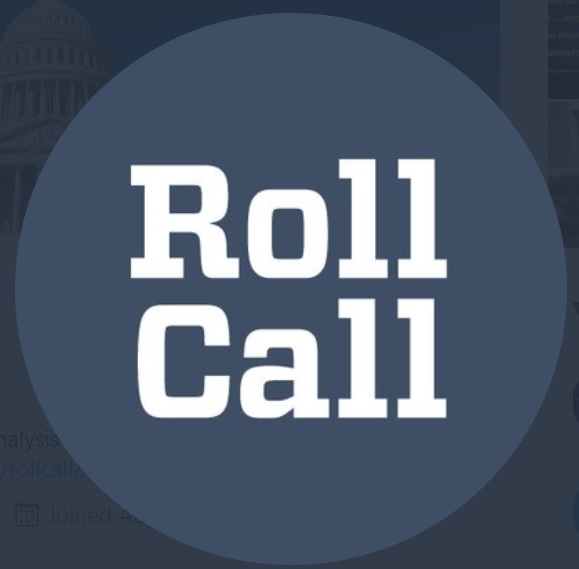By Paul Grewal, Chief Legal Officer of Coinbase. September 7, 2021.
Last Wednesday, after months of effort by Coinbase to engage productively, the SEC gave us what’s called a Wells notice about our planned Coinbase Lend program. A Wells notice is the official way a regulator tells a company that it intends to sue the company in court. As surprised as we were at the SEC’s threat to sue without ever telling us why, we want to be transparent with you about the course of events leading up to it.
Background
Coinbase has been proactively engaging with the SEC about Lend for nearly six months. We’ve been eager to hear their perspective as we explore innovative ways for our customers to gain more financial empowerment on Coinbase. Specifically for Lend, we’re seeking to allow eligible customers to earn interest on select assets on Coinbase, starting with 4% APY on USD Coin (USDC). We could have simply launched the product but we chose not to. This is far from the norm in our industry. Other crypto companies have had lending products on the market for years, and new lending products continue to launch as recently as last month. But Coinbase believes in the value of open and substantive dialogue with our regulators. So we took Lend to the SEC first.
What we’ve provided to the SEC
Coinbase’s Lend program doesn’t qualify as a security — or to use more specific legal terms, it’s not an investment contract or a note. Customers won’t be “investing” in the program, but rather lending the USDC they hold on Coinbase’s platform in connection with their existing relationship. And although Lend customers will earn interest from their participation in the program, we have an obligation to pay this interest regardless of Coinbase’s broader business activities. What’s more, participating customers’ principal is secure and we’re obligated to repay their USDC on request.
Read the Full Coinbase Blog Post Here.












